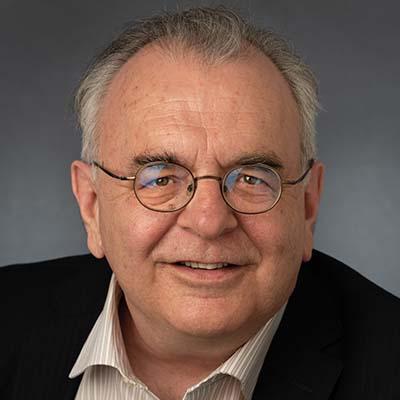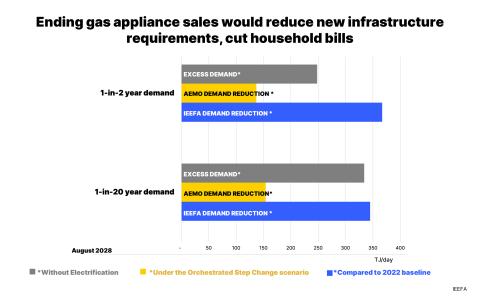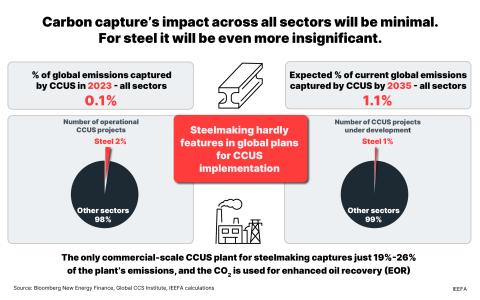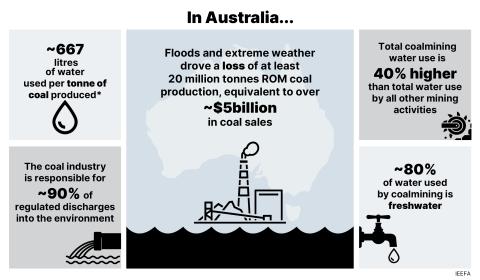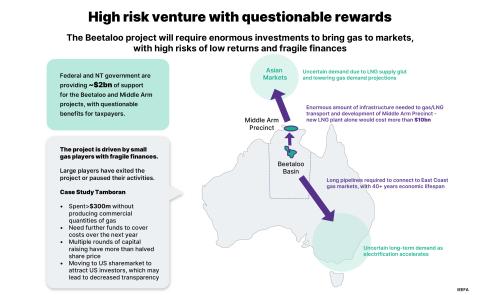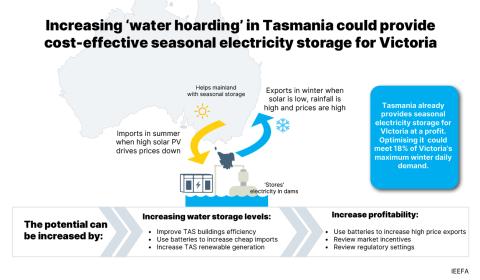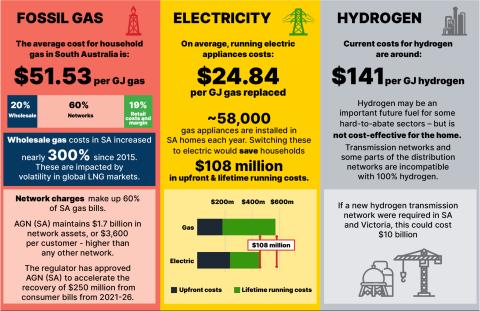Report Questions World Bank and U.S. Involvement in East Europe Coal-Fired Electricity Project
CLEVELAND, Jan 11, 2016 (IEEFA) – The Institute for Energy Economics and Financial Analysis today published a study concluding that the proposed coal-fired New Kosovo Power Plant would likely drive up electricity prices by 50 percent in Kosovo and damage the economy of the small country.
The study, “The Proposed New Kosovo Power Plant: An Unnecessary Burden at an Unreasonable Price,” developed with the Kosovo Civil Society Consortium for Sustainable Development (KOSID), concludes that the World Bank and the U.S. and Kosovo governments should reconsider their support for the project.
CLEVELAND, Jan 11, 2016 (IEEFA) – The Institute for Energy Economics and Financial Analysis today published a study concluding that the proposed coal-fired New Kosovo Power Plant would likely drive up electricity prices by 50 percent in Kosovo and damage the economy of the small country.
The study, “The Proposed New Kosovo Power Plant: An Unnecessary Burden at an Unreasonable Price,” (Albanian version) developed with the Kosovo Civil Society Consortium for Sustainable Development (KOSID), concludes that the World Bank and the U.S. and Kosovo governments should reconsider their support for the project.
“The New Kosovo Power Plant is a social and financial step backward for Kosovo,” said Tom Sanzillo, IEEFA’s director of finance and a co-author of the report with David Schlissel, IEEFA’s director of resource planning analysis.
KOSID coordinator Visar Azemi said the project would do broad harm. “It will strain the household budgets of Kosovars in every income group, turning electricity into a luxury for many,” Azemi said. “It embodies a serious threat to the economic and fiscal health of the nation. ”
The report sees construction of the New Kosovo Power Plant far exceeding the government’s projected cost of €1.0 billion. It puts those costs at closer to €4.2 billion by the time the plant goes online as planned in 2021 and finds it financially unviable without massive subsidization. The Kosovo government in November said it wanted to proceed with construction and could do so with World Bank support and with a sole developer, New York-based ContourGlobal.
IEEFA concludes that if the plant is built:
- The average Kosovar household would pay 12.9 percent of its annual income for electricity, twice what most European households pay.
- Low- to middle-income household in Kosovo would pay 18 percent of its annual income for electricity.
- Very low-income households would pay 39.7 percent of their income for electricity.
- Retail electricity costs would increase by 33 to 50 percent.
“In ten years of debate and millions of dollars in professional studies funded by the World Bank, no one has asked the question how much it will cost the people,” Sanzillo said. “Kosovars already pay too much for electricity. This plant will be particularly harmful to low-income households, forcing people to choose between paying for electricity, eating and being able to buy other basic necessities.”
The New Kosovo Power Plant is the latest manifestation of a project that first surfaced a decade ago and whose backers have sought outside support for several years.
The report also raises several red flags around the financing behind the project:
- The plant will cost more than the government of Kosovo assumes, it may not operate as much as forecast, and/or its operating costs may be significantly higher than expected.
- The proposed debt burden of €945 million would put enormous pressure on the domestic banking system and crowd out new investment across the economy.
- By contemplating a single-bid project as costly as NKPP, the government is ceding domestic control of its electricity system, access to its revenues, basic organizational decisions like hiring and firing of employees and future rate increases.
- Plans for the new plant are based on optimistic economic growth assumptions; if the plant underperforms because the economy underperforms, its electricity will become even more expensive.
- No investment bank or group of investment banks has come forward to finance the project, an indication that neither Kosovo’s investment team nor the deal are creditworthy.
- Recent statements of support by the World Bank and the U.S. government contradict stated policies on climate change and poverty by the World Bank and the US. Government, and both increase the likelihood that the New Kosovo Power Plant project costs will soar as participants in the development process exploit political support for financial advantage.
- Details made public around the project are incomplete, and transparency is lacking.
“Kosovo has alternatives to building an unnecessary power plant at so unreasonable a price,” Azemi said. “The level of subsidy needed to support the coal plant is extraordinary. Implementing energy-efficiency measures and installing renewable energy in Kosovo are less expensive than building a coal plant, better use of subsidies and would stimulate economic development, create jobs, and serve as a long-term hedge against energy-cost inflation.”
The full report is posted here. Media contact: Karl Cates, [email protected], 917.439.8225
______________________
About IEEFA — The Institute for Energy Economics and Financial Analysis (IEEFA) conducts research and analyses on financial and economic issues related to energy and the environment. The Institute’s mission is to accelerate the transition to a diverse, sustainable and profitable energy economy and to reduce.
###

